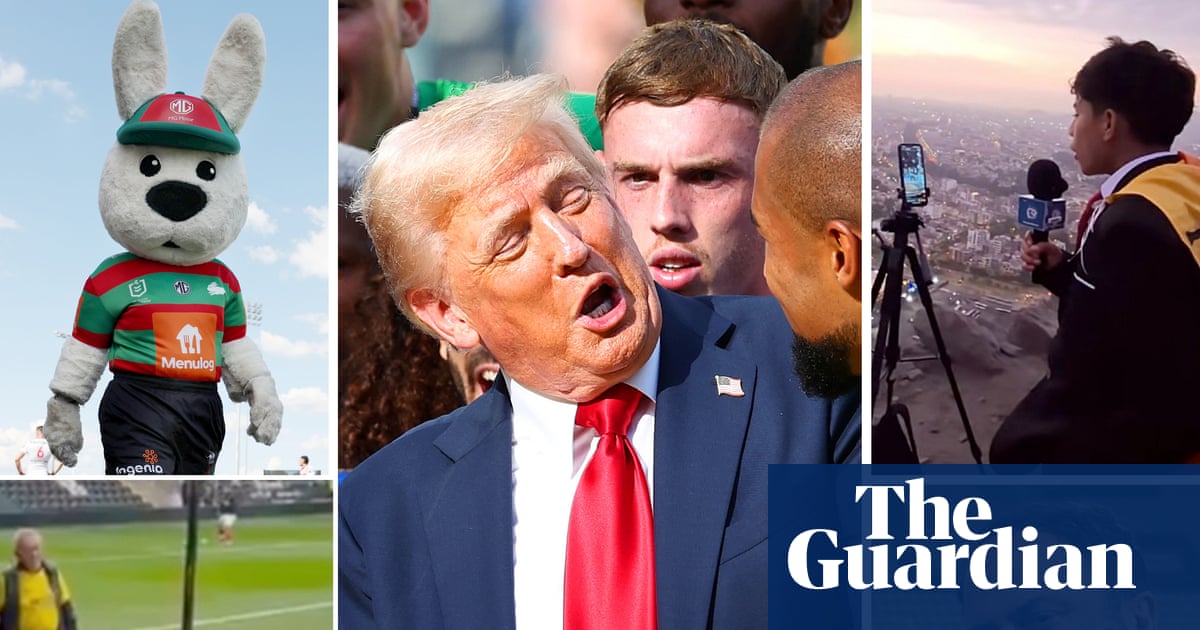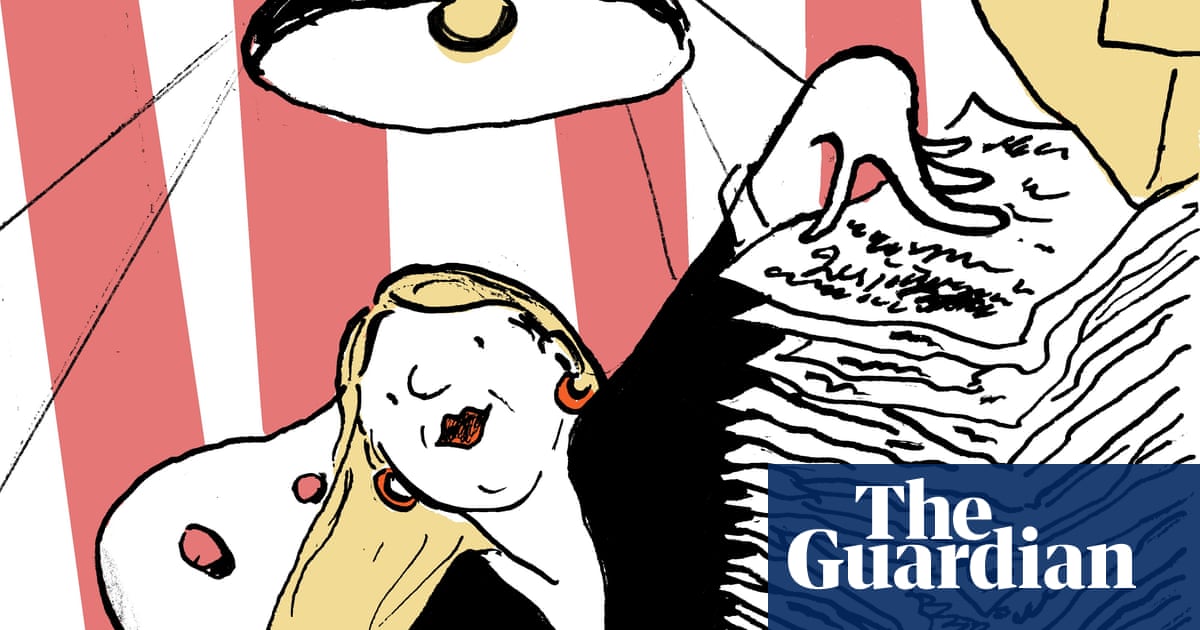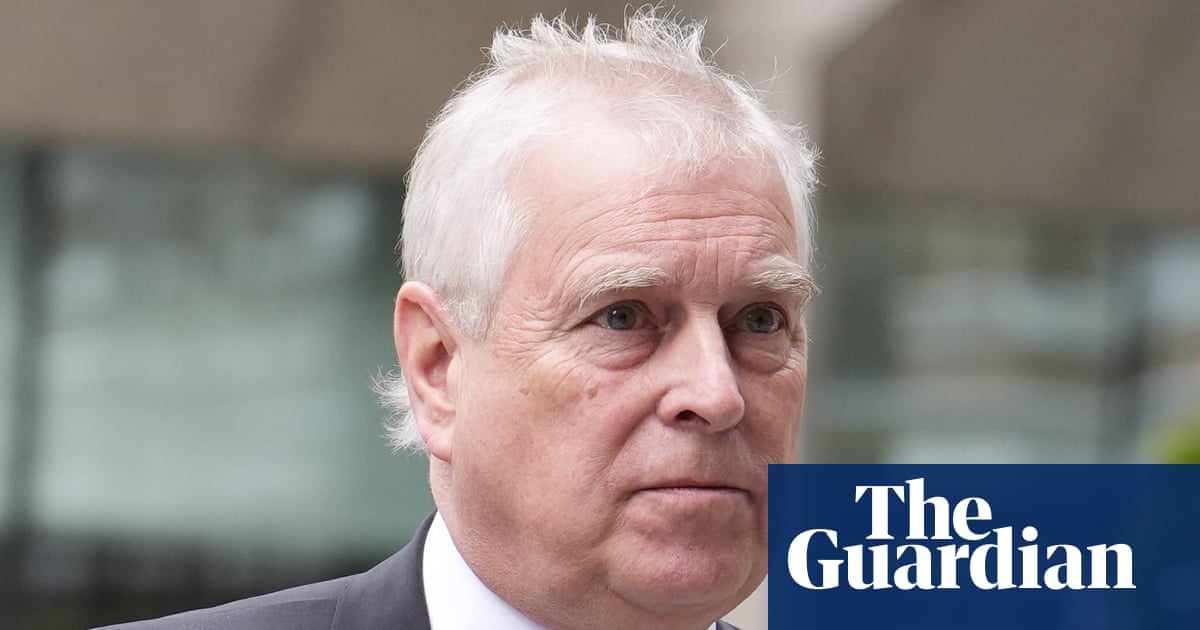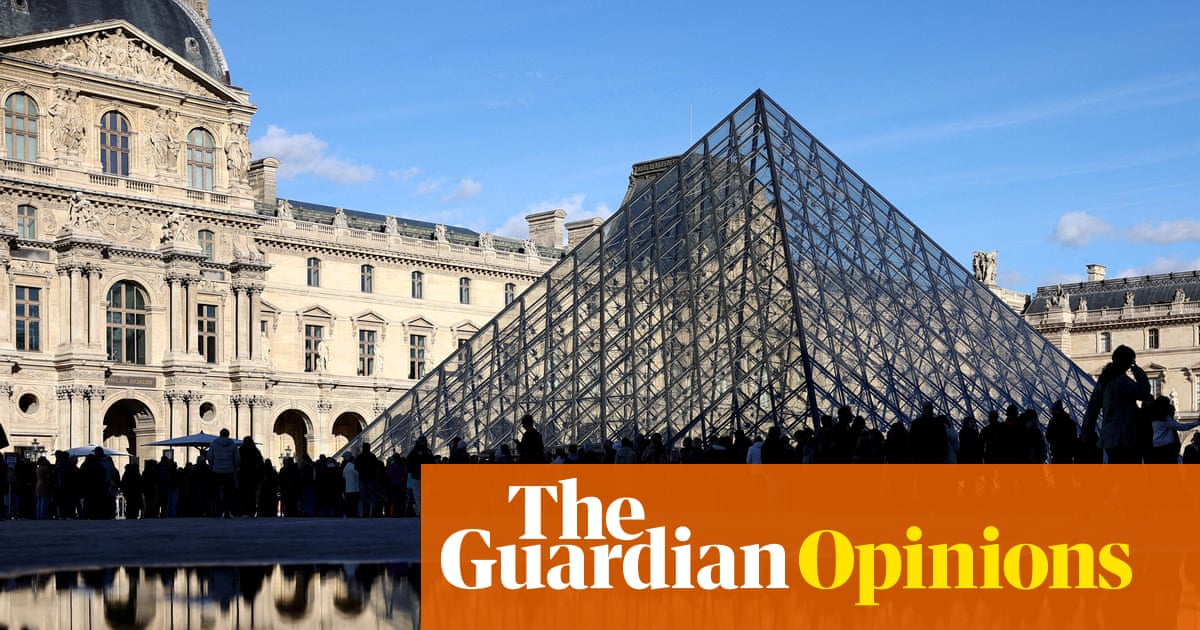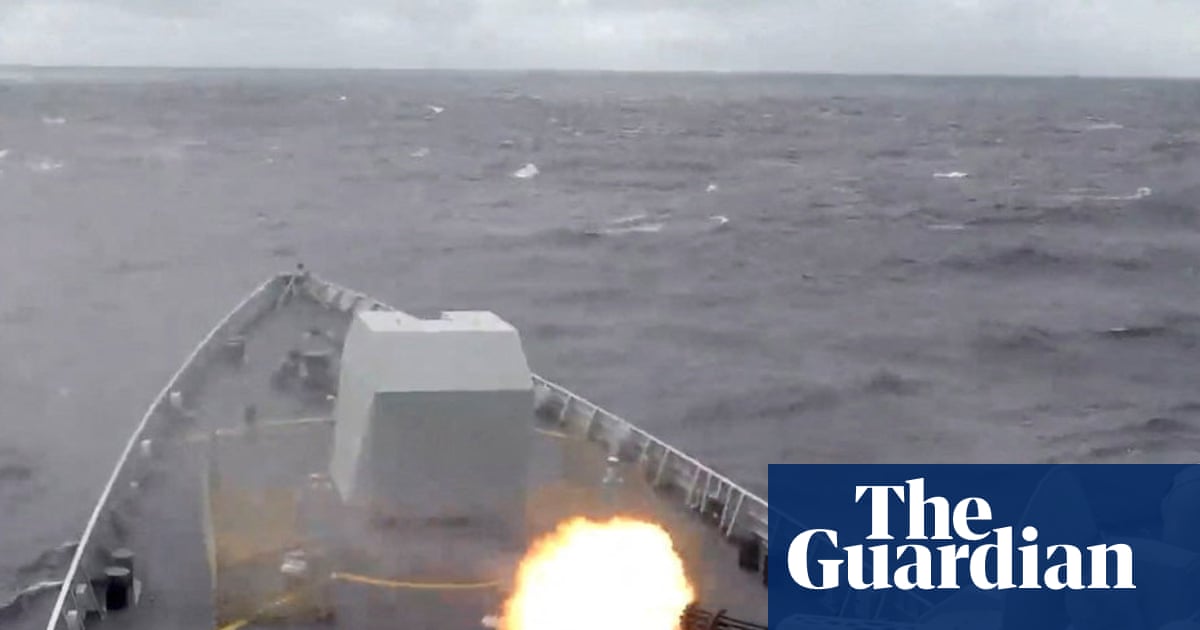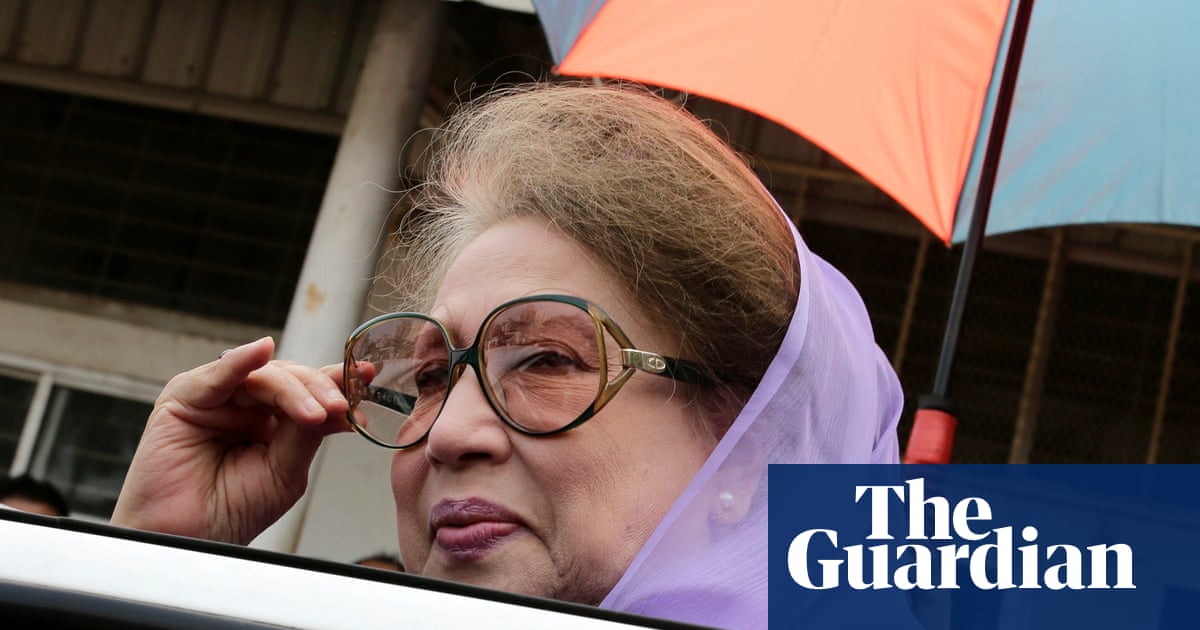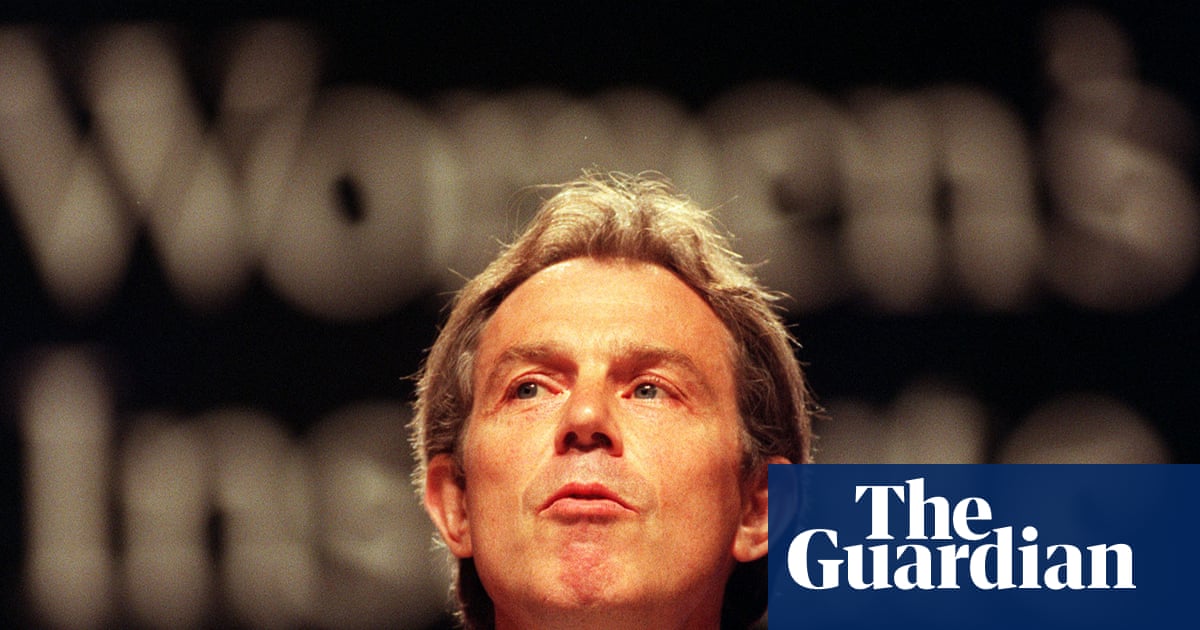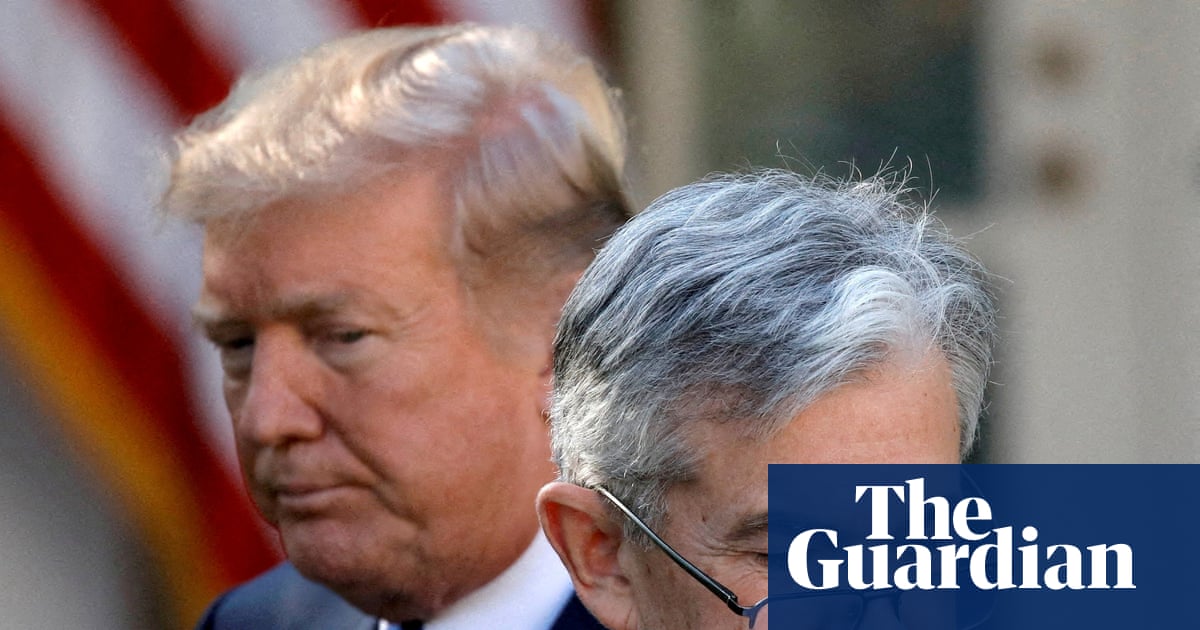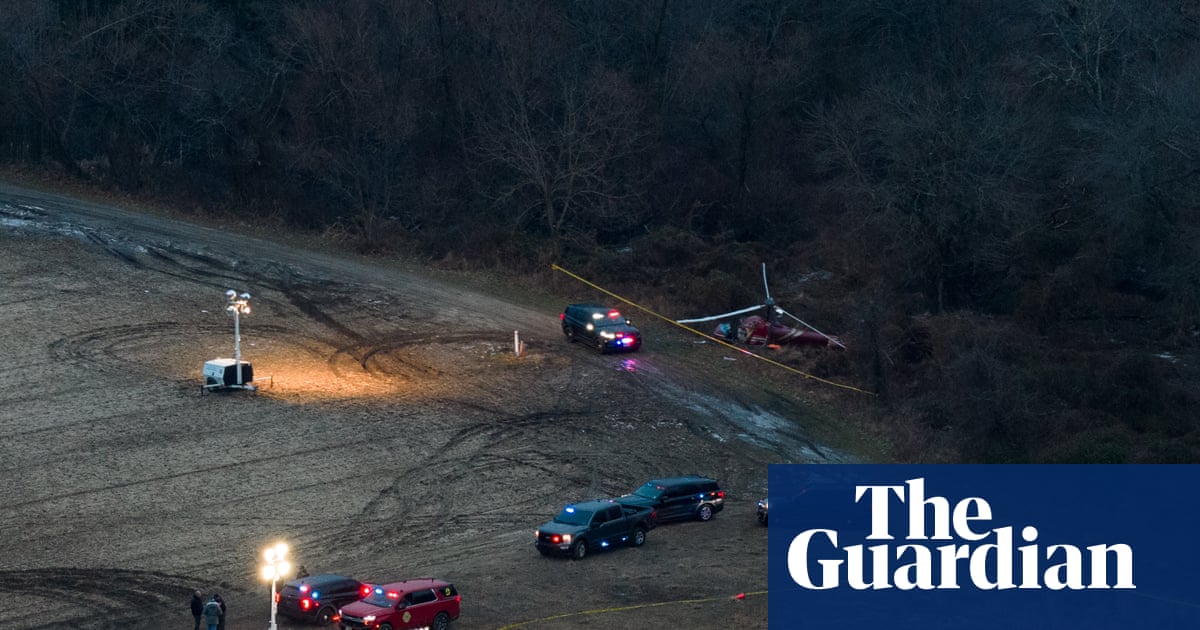A final Russian attempt to defer the snapback of large-scale UN sanctions on Iran is expected to fail at the UN security council on Friday after European countries rejected last-minute Iranian offers to give UN weapons inspectors limited access to its bombed nuclear sites.
Russia will call for the reimposition of the sanctions to be deferred for six months to give more time for diplomacy, but European diplomats are confident that Russia will not get the nine votes it needs on the security council for the snapback to be deferred. The last time Russia put the same issue to a vote it received only four votes.
Europe decided to reimpose the sanctions after a last set of talks at the UN in New York failed to extract an offer from Iran that Europe was prepared to accept.
European diplomats said that Iran’s foreign minister, Abbas Araghchi, made a final offer to allow UN weapons inspectors from the International Atomic Energy Agency (IAEA) access to only one of its bombed nuclear sites, as opposed to all of them.
Araghchi also said Iran would return with a proposal on how to handle the 400kg of highly enriched uranium in its possession within 45 days, down from a previous offer of 90 days. In return, Iran asked for the threat of the reimposition of all UN sanctions to be lifted permanently.
The reimposition of the UN sanctions marks a serious deterioration in Iranian relations with the west and may have political ramifications inside Iran.
One European diplomat said “the Iranian foreign ministry thought we would not go through with this, but they never came up with a serious offer. Araghchi misjudged this badly.”
Criticism was also being directed at the head of the IAEA, Rafael Grossi, who Europeans claim agreed a deal in Cairo with the Iranians recently that contained nothing substantive, but allowed the Iranians to defer holding serious talks. One diplomat blamed Grossi for trying to please all sides because he is seeking to become the next UN secretary general.
In the recriminations that are already breaking out, Iran will accuse the European countries – France Germany and the UK – of failing to stand up to pressure from the United States.
Some western diplomats insisted diplomacy can continue with Iran, but there is a risk that hardliners in the Tehran parliament will not just seek to end all future cooperation with the IAEA, but try to leave the Nuclear Non-Proliferation Treaty, a step that will expose Iran to the risk of a further Israeli military assault.

 3 months ago
48
3 months ago
48



